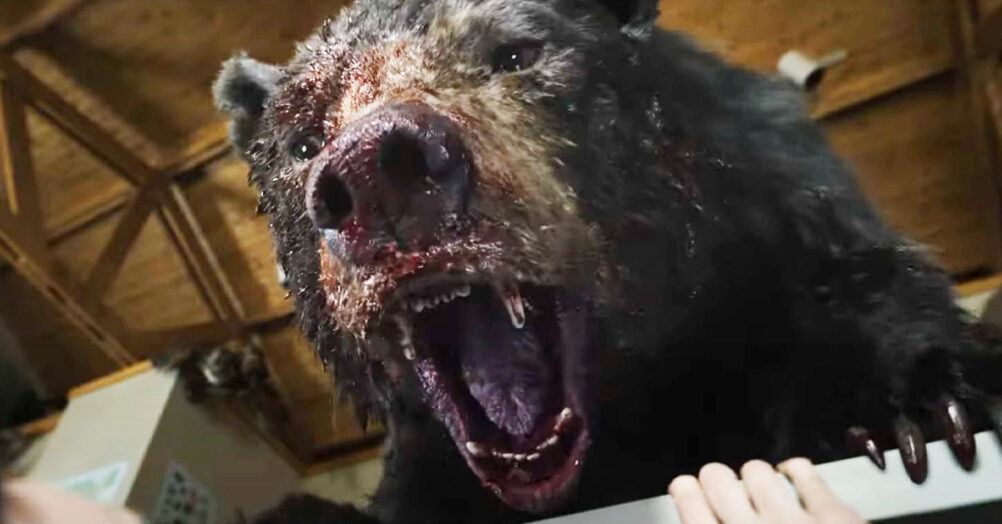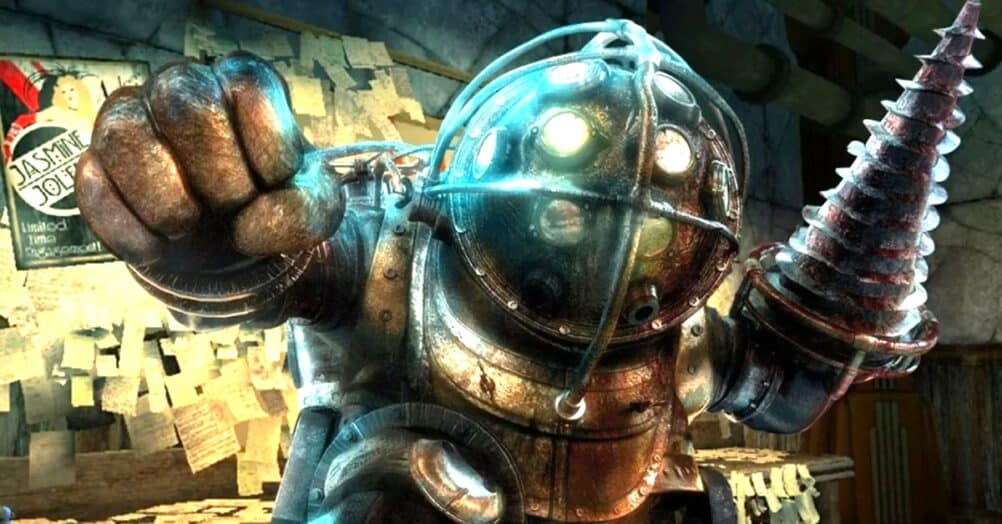
One of Hollywood’s greatest actors, Bruce Willis, has fallen on hard times. After being diagnosed with aphasia in the Spring of 2022, the actor’s family announced his condition has progressed into frontotemporal dementia. In recent years, Willis opted for more minor roles in lesser-known film projects, lightening the mental and physical load while coming to terms with his oncoming symptoms. Willis’ family confirmed he’d retire from acting on March 30, 2022.
Willis’ family released a statement on Thursday detailing his latest diagnosis.
“Since we announced Bruce’s diagnosis of aphasia in spring 2022, Bruce’s condition has progressed and we now have a more specific diagnosis: frontotemporal dementia (known as FTD). Unfortunately, challenges with communication are just one symptom of the disease Bruce faces. While this is painful, it is a relief to finally have a clear diagnosis,” his family wrote in a statement on the Association for Frontotemporal Degeneration’s website.
You can read the family’s statement in full below:
As a family, we wanted to take this opportunity to thank you all for the outpouring of love and compassion for Bruce over the past ten months. Your generosity of spirit has been overwhelming, and we are tremendously grateful for it. For your kindness, and because we know you love Bruce as much as we do, we wanted to give you an update.
Since we announced Bruce’s diagnosis of aphasia in spring 2022, Bruce’s condition has progressed and we now have a more specific diagnosis: frontotemporal dementia (known as FTD). Unfortunately, challenges with communication are just one symptom of the disease Bruce faces. While this is painful, it is a relief to finally have a clear diagnosis.
FTD is a cruel disease that many of us have never heard of and can strike anyone. For people under 60, FTD is the most common form of dementia, and because getting the diagnosis can take years, FTD is likely much more prevalent than we know. Today there are no treatments for the disease, a reality that we hope can change in the years ahead. As Bruce’s condition advances, we hope that any media attention can be focused on shining a light on this disease that needs far more awareness and research.
Bruce always believed in using his voice in the world to help others and to raise awareness about important issues both publicly and privately. We know in our hearts that – if he could today — he would want to respond by bringing global attention and a connectedness with those who are also dealing with this debilitating disease and how it impacts so many individuals and their families.
Ours is just one family with a loved one who suffers from FTD, and we encourage others facing it to seek out the wealth of information and support available through AFTD (@theaftd, theaftd.org). And for those of you who have been fortunate enough to not have any personal experience with FTD, we hope that you will take the time to learn about it, and support AFTD’s mission in whatever way you can.
Bruce has always found joy in life – and has helped everyone he knows to do the same. It has meant the world to see that sense of care echoed back to him and to all of us. We have been so moved by the love you have all shared for our dear husband, father, and friend during this difficult time. Your continued compassion, understanding, and respect will enable us to help Bruce live as full a life as possible.
-Emma, Demi, Rumer, Scout, Tallulah, Mabel, and Evelyn
According to MayoClinic.org, Frontotemporal dementia is defined as the following:
Frontotemporal dementia is an umbrella term for a group of brain disorders that primarily affect the frontal and temporal lobes of the brain. These areas of the brain are generally associated with personality, behavior, and language.
In frontotemporal dementia, portions of these lobes shrink (atrophy). Signs and symptoms vary, depending on which part of the brain is affected. Some people with frontotemporal dementia have dramatic changes in their personalities and become socially inappropriate, impulsive, or emotionally indifferent, while others lose the ability to use language properly.
Frontotemporal dementia can be misdiagnosed as a psychiatric problem or as Alzheimer’s disease. But frontotemporal dementia tends to occur at a younger age than does Alzheimer’s disease. Frontotemporal dementia often begins between the ages of 40 and 65 but occurs later in life as well. FTD is the cause of approximately 10% to 20% of dementia cases.
Here at JoBlo, Bruce Willis is one of our favorite legends of the silver screen. We wish him comfort throughout his journey and extend our warmest wishes to his family, friends, and fans during this difficult time. His extensive work will continue to entertain us for generations, and we hope advancements in combating this illness will come to light.




















Follow the JOBLO MOVIE NETWORK
Follow us on YOUTUBE
Follow ARROW IN THE HEAD
Follow AITH on YOUTUBE